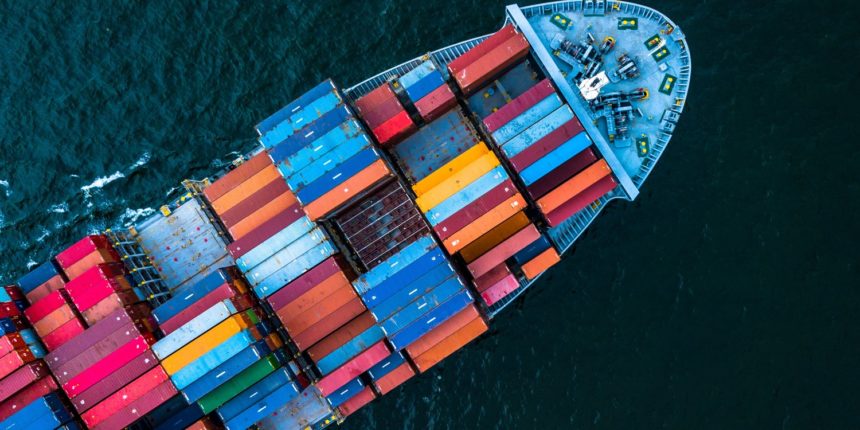History bears witness to the fact that Pakistan always has tendency to resort to myopic solutions to deep rooted structural problems. One such arena is trade. Despite prodigious claims, successive governments have failed to make their mark in trade forte. There is a famous proverb in Urdu that translates into “live within your mean” or “cut your dress according to your cloth”. Unfortunately, Pakistan does not live up to that proverb and has inclination to “live beyond its means”.
In FY20, Pakistan imported $208 worth of goods for every $100 of exports. In last 5 years, Pakistan imported on average $210 worth of goods for every $100 of exports. This is the classic demonstration of “living beyond your means”. Who pays for the difference? Well, no wonder why Pakistan’s foreign exchange reserves have always been living on the edge with support from multilateral agencies and friendly countries. Generally, they are mere enough to cover just 3 months import bill. Without the remittance lifeline, things would have been even worse for Pakistan. So, thanks to the hardworking diaspora that ensures that some part of deficit is accounted for.
Retrospectively, Pakistan has always resorted to an unsustainable strategy of squeezing the imports instead of focusing on sustainable strategy of increase its means, in other words exports. If David Ricardo or Adam Smith hear how PTI government interfere and create distortions in the workings of free trade, they would be very disappointed. The very premise of trade hinges on the idea of comparative advantage. Hence, a sustainable strategy should entail locating and developing the comparative advantage instead of imposing custom duties on imports. Taxes on imports only end up worsening the living standards of people.
This brings us to a very important question. Why has Pakistan failed to establish its comparative advantage in various sectors? The problems plaguing Pakistan are structural in nature and the list is like staring in the abyss.
In order to establish comparative advantage, cost minimization is immensely important, but Pakistan’s energy prices are amongst the highest in the region and in the world. Energy policies are the backbone of any economy and if the backbone is weak, one cannot expect the structure to stand upright. Inefficiencies stemming from the energy sector trickle down in form of higher energy prices for majority of the businesses in the country.
Secondly, a large portion of export sector relies on the import of raw material and when the imports are taxed heavily, cost of production of businesses rise drastically and hence make exports uncompetitive. Historically, taxes collected at the import stage form major chunk of government’s tax revenue, something governments are less ready to compromise on.
Thirdly, Pakistan lack solid forward-looking trade and macroeconomic policies. Most of the successive governments have hardly looked beyond few years’ time frame. Developing comparative advantage requires forward thinking and sound planning, things that are non-existent in our leadership. Short-term tenure-based export incentives have been in place which tend to vanish after there is a regime change. This inconsistency in policies imply that the export sector remains dampened and no sustainable growth is registered.
Furthermore, to be competitive globally, value addition has taken the central stage, something that Pakistan lacks. In simple example, Pakistan continues to export mangoes instead of adding value and selling mango juices. This can be generalized to any other export sector where there is potential to add value. Value addition generates additional bucks for export sector.
In short, higher energy prices, higher raw material import prices, dearth of forward-looking trade and macroeconomic policies, and overall poor business environment contribute to increased cost of production and lack of vision to develop export sector sustainably.
All this brings us to what should be the way forward. If Pakistan wants to get rid of its trade deficit issues sustainably, it is pivotal that forward-looking trade policies and reforms are pondered upon. Pakistan need to devise and restructure its energy policies and move towards cheaper and cleaner renewable energy options. Pakistan also need to bring about consistency in economic policies to generate sustainable returns. Lastly, focus on value addition would ensure that extra $ are generated. All these policies would steer Pakistan on sustainable path which will not only ensure enhanced living standards for citizens but would also ensure that such standards would be “within the means” as the means would be stretched.
https://theeconomisteye.blogspot.com/2020/07/pakistan-trade-enigma-history-bears.html


I consider, that you are mistaken. Let’s discuss it.
I apologise, I can help nothing. I think, you will find the correct decision.
https://www.sexualcase.com/
https://www.doornight.com/